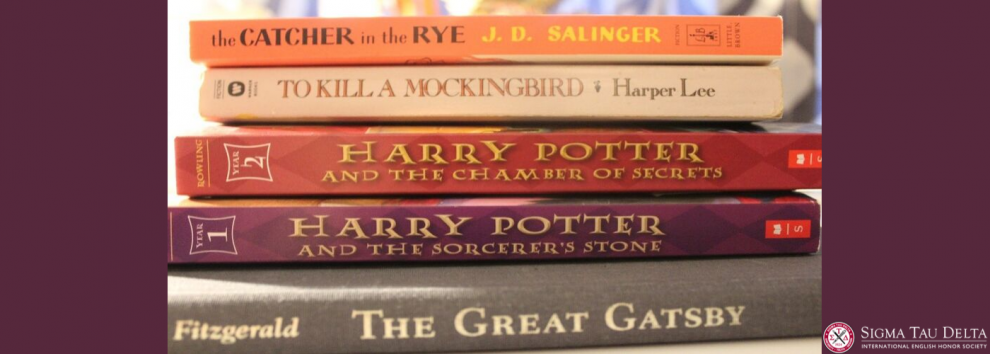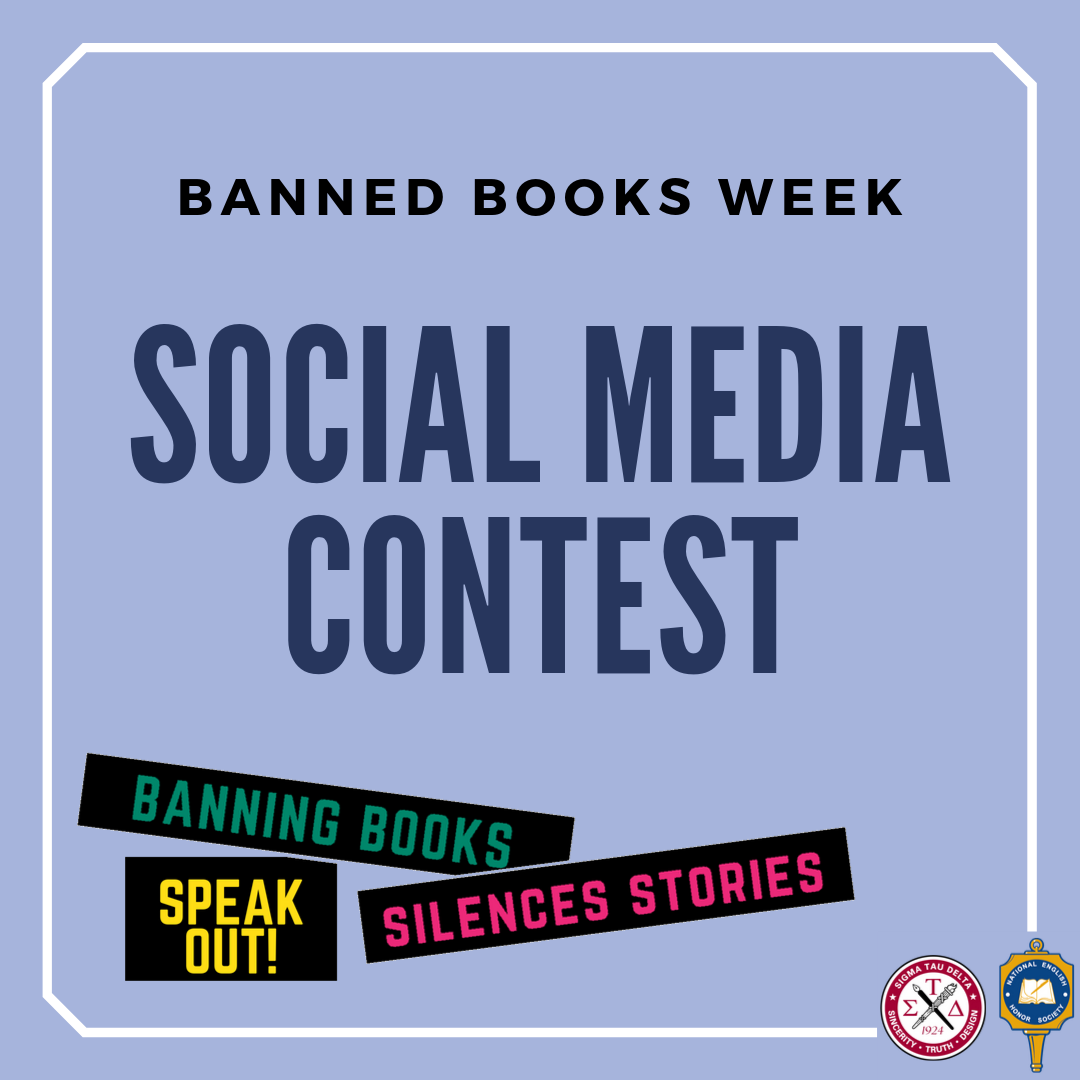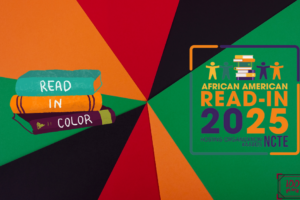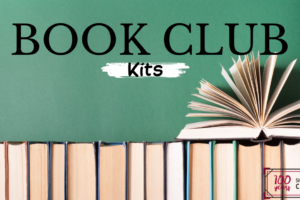Contemporary society is ever-evolving, open. People are free, in The United States, to marry whomever they choose. The Me Too Movement empowers women to speak out against physical and mental abusers. Women are governors and top advisors of national security agencies and Fortune 500 companies. The world is progressive. Yet, society continues to challenge the teaching of classic works of literature. Where do educators and undergraduates draw the line between challenging the teaching of seemingly offensive literature and cultural awareness?
Those who argue against the teaching of specific works of literature on an undergraduate level attempt to maintain the morals of their respective institutions. The upholding of moral integrity is noble; however, such values should not come between students and works of literature. Undergraduate studies mean to form well-rounded, culturally aware students. Constrictions placed upon undergraduates regarding banned literature diminishes the integrity of sought-after, meaningful works of art. Reading is not necessarily believing, and interpretation of literary works is education.
Should higher education yield to ongoing demands to ban To Kill a Mockingbird since the novel highlights the history of racism in The United States? Should college professors teaching future high school English teachers, teacher candidates that will most likely teach their future students about works by F. Scott Fitzgerald, challenge The Great Gatsby because the novel references and sometimes features offensive language? Courageous conversations, interactions that have the power to shape contemporary society positively, spawn from ideas projected in banned and challenged literature. Some works of literature show us, as modern readers, points of view society once found acceptable, and what we can do to change our world for the better: end racism, speak with a kind tongue, love one another.
As a Secondary English Education Major, a future high school teacher, and as a member of Sigma Tau Delta, I long to read as much literature as possible; literature serves as a gateway to personal and cultural awareness. I believe the stimulation of academic well-roundness and achievement among members of the Society heavily depends on the openness of college-level institutions regarding literature.
 Katherine Stall
Katherine Stall
Alpha Eta Alpha Chapter
Charleston Southern University, Charleston, SC
2019 Banned Books Week Social Media Contest
In celebration of Banned Books Week Sigma Tau Delta and National English Honor Society are teaming up to host the fourth annual Banned Books Week social media contest. To participate you must tag us in a post on any of the following social media accounts:
- NEHS Facebook
- NEHS Twitter (@NEHSXpress)
- Sigma Tau Delta Facebook
- Sigma Tau Delta Twitter (@EnglishCon)
- Instagram (@EnglishMatters)
- or snap us at englishmatters on Snapchat
What to do in your post:
Books are banned for a variety of reasons. Take a photo of your favorite banned book and share with us (on one social media platform) one of the reasons it has been contested. If you wish to post on a second platform, please choose a second banned book to post about.
The contest will run from Sunday, September 22-Saturday, September 28. Everyone who participates during this time frame will be entered in a drawing to win one of three $25 Amazon gift cards. A $45 Amazon gift card also will be awarded for the best overall post.







Add Comment